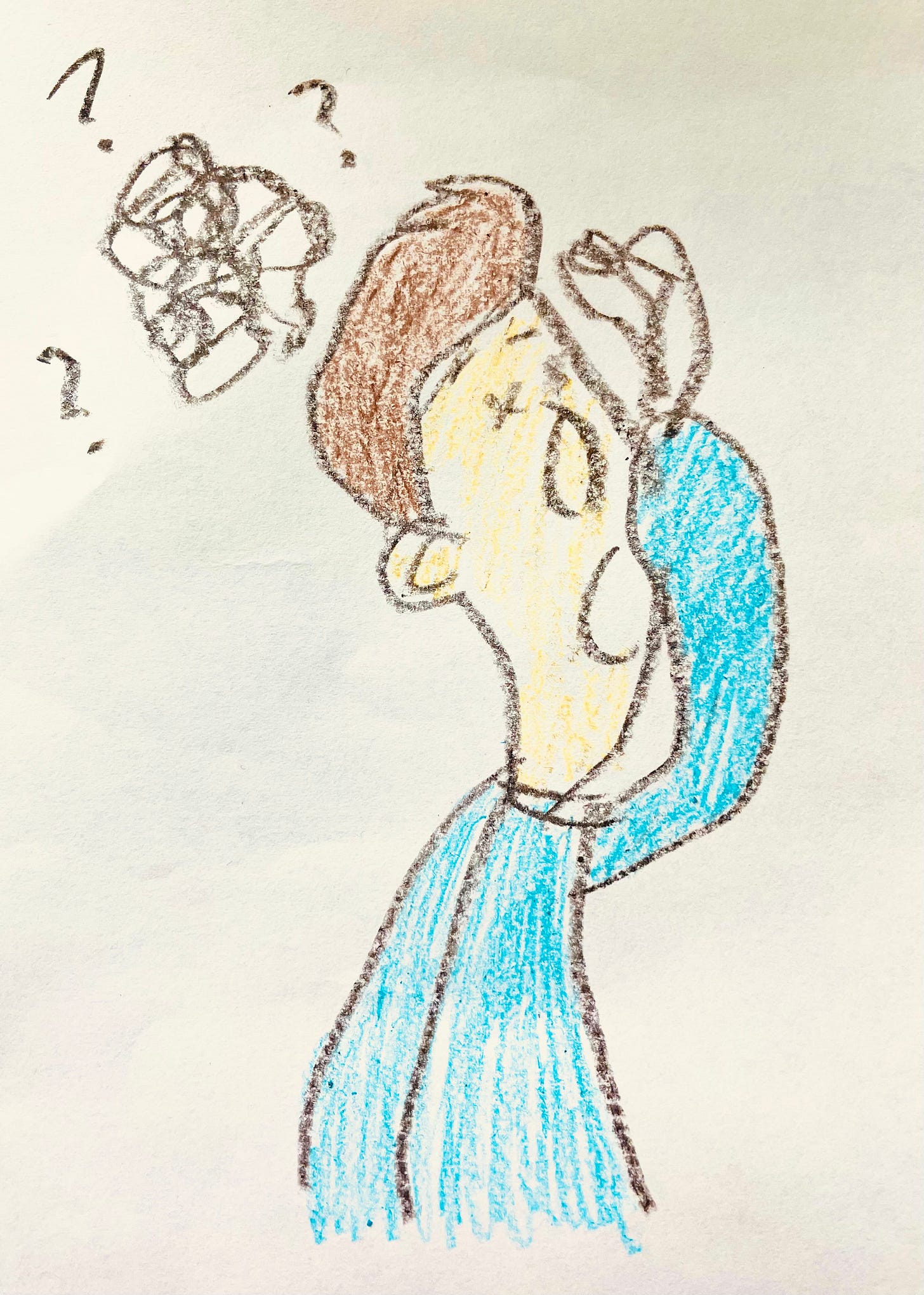Disoriented Teams
While listening to a podcast recently, I picked up the most random bit of trivia: the word orientation comes from The Orient (aka the East). In olden times (before product management, before SaaS, before even the cloud), when a traveler was lost, they situated themselves by confirming they knew which way east was; to be “oriented” means to know where you are relative to your ultimate goal (The Orient).
to be “oriented” means to know where you are relative to your ultimate goal
This got me thinking about how much time teams (product teams, marketing teams, etc) spend on goal management. Defining the goal, instrumenting the metric, forecasting the target, reviewing results. And an organizational leader expends a lot of energy agonizing about progress - do the bets ladder up to the goal, is the pace of execution efficient, is the team focused on the highest-leverage work. It’s almost like we’ve convinced ourselves that optimizing the output of a team has the biggest impact on business outcomes.
But I think there’s even lower-hanging fruit that we tend to neglect: disoreinted teams. A disoriented team is one where there is no cohesive goal (doing a little bit of everything) or the focus is on the wrong goal (doesn’t connect to business strategy). As a leader, getting oriented teams to be more effective is definitely valuable, but getting disoriented teams re-oriented actually reduces a huge drag in the org.
So the next time you’re in a metrics review, beyond just confirming progress for the teams that are well-oriented, it might be worthwhile to spend some mindshare on teams that don’t know which way is east…
I’d love to hear from readers about their attempts at re-orienting teams and goals - please chime in via comments👇. And if you enjoyed this post, please consider subscribing.
further reading / references
I’ve written previously about South Star Metrics (metrics misuse) and also elaborated on the causes of Metrics Malfunction
Part of getting teams oriented is illuminating and implementing product strategy, and making sure you are meeting folks at their level of strategy sophistication
childish drawing / interpretation



Great post! This is pretty relevant to my org's current predicament.
Last year, we found ourselves doing a lot of things and our goals weren't pointed enough. We recently switched to an OKR model for our weekly reviews and now there's a sense of direction. The biggest change I've witnessed is through constant (weekly) reiteration of our "goal", all our departments are aligned in terms of the company mission.
In my teams and in my side gig as a team coach i use several formats to align disoriented teams:
- first i train them to talk in non violent communication while providing mgmt insight depth
- then i run a format i call a team retrospective to dig for the core issues and, at the same time, rebuild empathy
- and then we run a team realignment workshop based on the team canvas (teamcanvas.com + some own points), which ideally every new team runs as a kick off.
The goal is to create explicit clarity across the three conflict categories:
- Task: what are we doing and why?
- Process: how are we achieve it in the most efficient way?
- Relationship: how can we maintain empathy and true collaboration?
In disoriented teams usually one ore more category is off or the communication skill is missing. Sometimes they also assume they are aligned but it is not explicit enough (assuming vs knowing)
The key to all is creating explicit alignment. Ideally, you just start with the team kick off without it getting disoriented And staying aligned through regular checkins and course adjustments - across all three categories. In my teams we do it through a key points canvas in sprint retros, through check in questions in stand ups and mid point check ins when half way between milestones. Enough time to reflect on what has happened and enough time to being motivated to change it.
Oh, and it all builds on psychological safety. People need to feel safe to provide quality feedback and insights. —> googles number 1 success driver for high performance teams :)